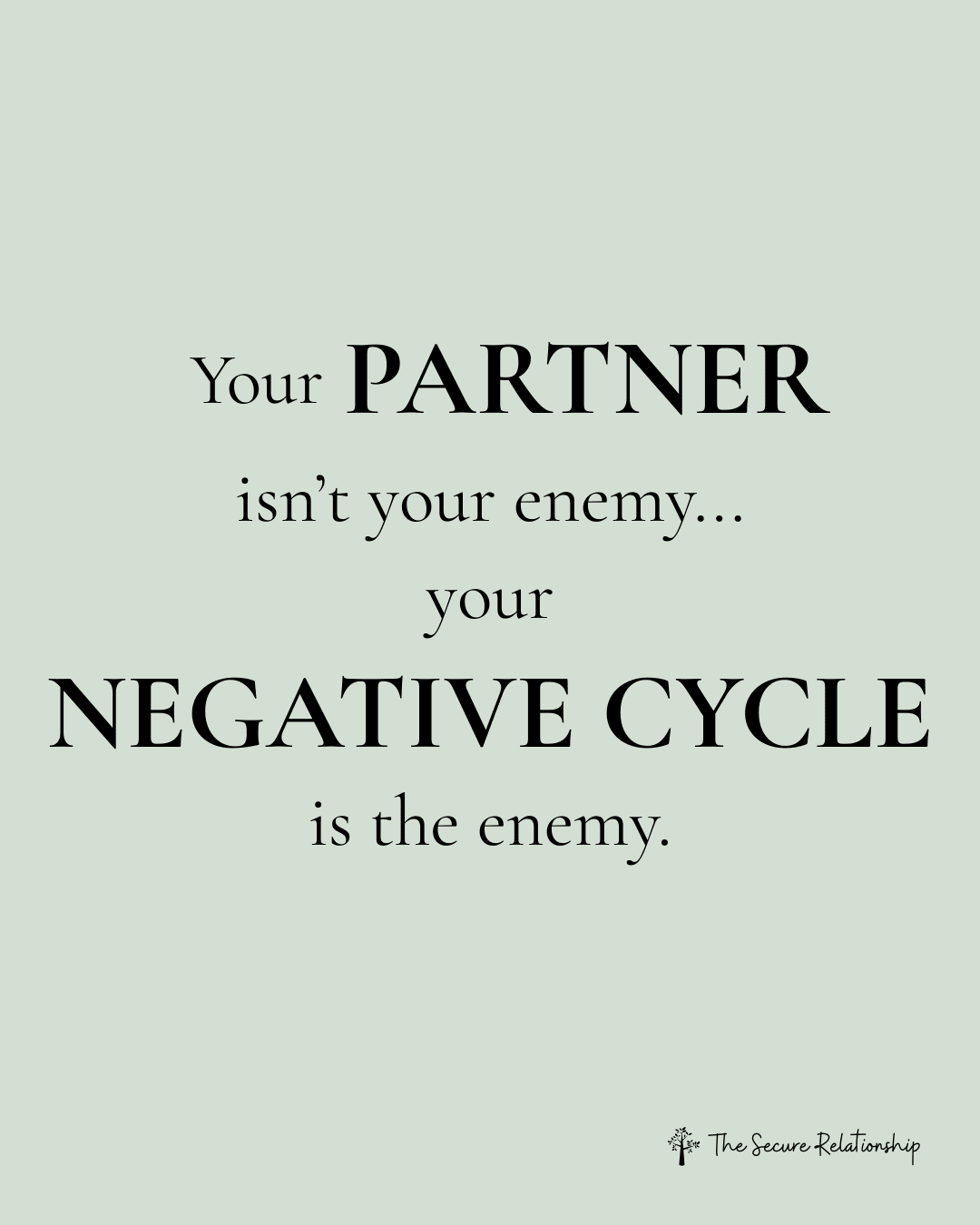Being Emotionally Supportive is NOT the Same as Being Your Partner's Therapist
In healthy relationships, emotional support is a cornerstone. However, it's crucial to recognize that being emotionally supportive is not the same as taking on the role of your partner’s therapist. Emotional support skills are not exclusive to therapists—they are tools that every partner can learn to cultivate and use. It's about reciprocity, engagement, and learning to speak the language of emotional support in a way that feels natural for both of you.
Emotional Support is a Skill, Not a Specialty
Somewhere along the way, society has come to believe that emotional support and engagement are skills reserved for therapists. The truth is, these skills have always been a part of healthy human relationships. They didn’t start with therapy practices, and they don’t belong exclusively to one partner or professional.
While it's important to have therapeutic professionals who are trained to handle deep psychological issues, there’s no reason why couples can’t learn to support each other emotionally. Emotional support, including validation, reflection, and co-regulation, are vital to the health of a relationship—and these skills can be learned by anyone.
Emotional Support Can Be Learned by Anyone
For some partners, emotional support may feel like an alien language. They may not have learned how to access their emotions, be emotionally available, or even self-regulate when they were growing up. But this doesn’t mean they are bad or hopeless partners—it just means they didn’t have the opportunity to develop these skills. The good news is that, just like learning a new language, emotional engagement and support can be cultivated with practice and patience.
At first, emotional support may feel awkward, especially if you're new to it. Imagine trying to speak Italian for the first time. Your words might not flow as naturally, and you might feel self-conscious or unsure. But with time, practice, and commitment, fluency comes. The same is true for learning emotional engagement. Over time, both partners can become more comfortable and effective in providing emotional support.
The Importance of Reciprocity
A key aspect of a healthy relationship is reciprocity. The therapist-client dynamic is one-sided: the therapist offers support, while the client receives it. But in a romantic relationship, both partners should be equally invested in learning how to support each other emotionally. Each partner is responsible for contributing to the emotional safety and wellbeing of the other.
If only one person is providing emotional support while the other withholds, resentment and imbalance can develop. But when both partners take ownership of learning how to emotionally engage, it creates a more balanced, healthy, and supportive relationship.
Emotional Support vs. Therapy
It’s crucial to understand the difference between offering emotional support and acting as a therapist. For example, cooking your partner’s favorite meal doesn't make you their personal chef. Similarly, offering emotional support doesn't make you their personal therapist. The key difference is that emotional support in a relationship should be reciprocal, and it’s a skill that both partners can develop together.
There is no need for one partner to take on the responsibility of carrying the emotional load alone. Both partners can learn how to ask the right questions, offer validating responses, and create a safe space for emotional expression. These skills, though they may seem challenging at first, can be learned and practiced just like any other new habit.
Being emotionally supportive is a vital aspect of any relationship. It’s not about assuming the role of a therapist, but about engaging with your partner in a way that fosters connection, understanding, and emotional safety. With practice, both partners can learn to offer emotional support without feeling like they're taking on an overwhelming burden. If you're ready to start learning the skills of emotional support in your relationship, read Secure Love.
“Being emotionally supportive doesn’t make you your partner’s therapist, it makes you a healthy partner who can engage authentically.”


Trying to control your environment—like keeping a spotless house—can sometimes be a way to manage inner anxiety caused by relationship disconnection. But when that strategy backfires, it can create more of the very disconnection you’re trying to avoid. This post explores how personal anxiety shows up in relationships, and how couples can break the cycle.